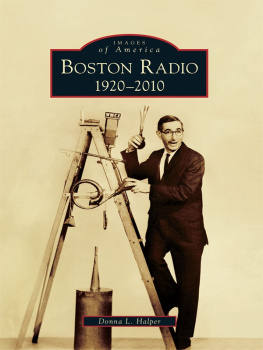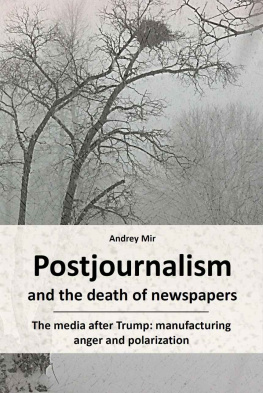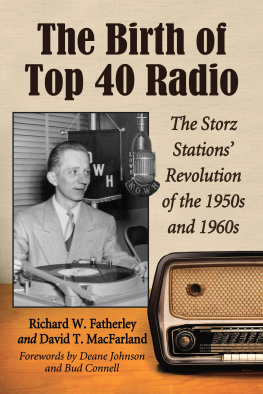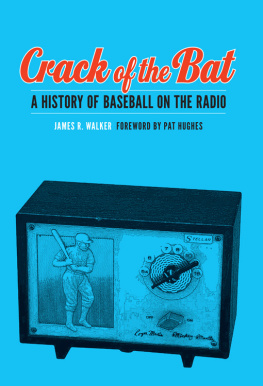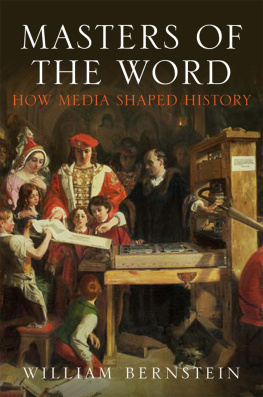Michael Stamm - Sound Business: Newspapers, Radio, and the Politics of New Media
Here you can read online Michael Stamm - Sound Business: Newspapers, Radio, and the Politics of New Media full text of the book (entire story) in english for free. Download pdf and epub, get meaning, cover and reviews about this ebook. year: 2011, publisher: University of Pennsylvania Press, genre: Politics. Description of the work, (preface) as well as reviews are available. Best literature library LitArk.com created for fans of good reading and offers a wide selection of genres:
Romance novel
Science fiction
Adventure
Detective
Science
History
Home and family
Prose
Art
Politics
Computer
Non-fiction
Religion
Business
Children
Humor
Choose a favorite category and find really read worthwhile books. Enjoy immersion in the world of imagination, feel the emotions of the characters or learn something new for yourself, make an fascinating discovery.

- Book:Sound Business: Newspapers, Radio, and the Politics of New Media
- Author:
- Publisher:University of Pennsylvania Press
- Genre:
- Year:2011
- Rating:4 / 5
- Favourites:Add to favourites
- Your mark:
Sound Business: Newspapers, Radio, and the Politics of New Media: summary, description and annotation
We offer to read an annotation, description, summary or preface (depends on what the author of the book "Sound Business: Newspapers, Radio, and the Politics of New Media" wrote himself). If you haven't found the necessary information about the book — write in the comments, we will try to find it.
American newspapers have faced competition from new media for over ninety years. Today digital media challenge the printed word. In the 1920s, broadcast radio was the threatening upstart. At the time, newspaper publishers of all sizes turned threat into opportunity by establishing their own stations. Many, such as the Chicago Tribunes WGN, are still in operation. By 1940 newspapers owned 30 percent of Americas radio stations. This new type of enterprise, the multimedia corporation, troubled those who feared its power to control the flow of news and information. In Sound Business, historian Michael Stamm traces how these corporations and their critics reshaped the ways Americans received the news.
Stamm is attuned to a neglected aspect of U.S. media history: the role newspaper owners played in communications from the dawn of radio to the rise of television. Drawing on a wide array of primary sources, he recounts the controversies surrounding joint newspaper and radio operations. These companies capitalized on synergies between print and broadcast production. As their advertising revenue grew, so did concern over their concentrated influence. Federal policymakers, especially during the New Deal, responded to widespread concerns about the consequences of media consolidation by seeking to limit and even ban cross ownership. The debates between corporations, policymakers, and critics over how to regulate these new kinds of media businesses ultimately structured the channels of information distribution in the United States and determined who would control the institutions undergirding American society and politics.
Sound Business is a timely examination of the connections between media ownership, content, and distribution, one that both expands our understanding of mid-twentieth-century America and offers lessons for the digital age.
Michael Stamm: author's other books
Who wrote Sound Business: Newspapers, Radio, and the Politics of New Media? Find out the surname, the name of the author of the book and a list of all author's works by series.

